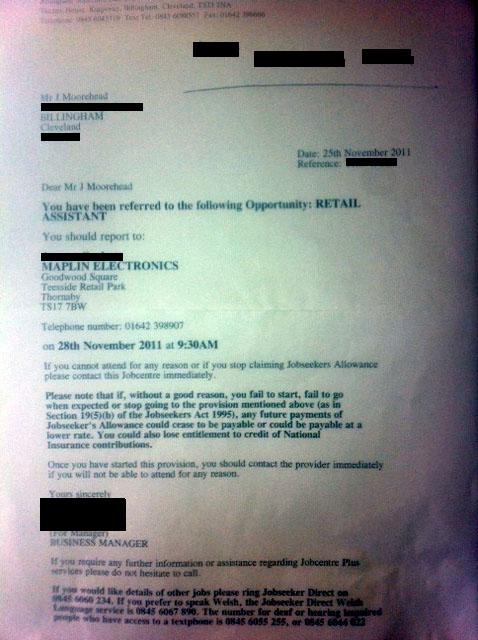Government backs down on work experience sanctions
The government announces changes to its policy of docking young people’s benefits if they leave work experience placements after the first week.

Ministers have yielded to pressure from businesses involved in the work experience scheme. They lobbied the government to change the rules after being accused by critics of using “slave labour”.
In future, 16 to 24-year-olds who pull out of their work experience placements after the first week will only have their benefits taken away for gross misconduct.
Currently, young people can leave the voluntary scheme within a week without having their benefits docked. If they do so after a week, they risk losing those benefits.
The “slave labour” accusations have led some major companies to reconsider their involvement in the scheme, but David Cameron told the Commons that 200 small and medium-sized businesses had recently expressed an interest in joining up.
‘Trotskyites’
The prime minister told MPs: “The whole country wants to see more young people given the opportunity that work experience provides, and the good news is that since this row has been going on in the pages of our newspapers, we’ve actually had expressions of interest fron 200 small and medium-sized employers who want to get involved in this programme.”
Mr Cameron criticised critics of the scheme, saying it was time to “stand up against the Trotskyites of the Right to Work campaign”.
The policy change follows a meeting between Employment Minister Chris Grayling, pictured above, and businesses that have offered placements to jobless youngsters since the scheme started a year ago.
The meeting was held to give employers a chance to discuss any concerns and clear up “confusion” over the scheme.
On Tuesday, James Moorehead, 24, from Billingham in Teesside, showed Channel 4 News a letter he received from his Jobcentre Plus office informing him that if he failed to complete four weeks unpaid work experience at electronics company Maplins, “any future payments of jobseeker’s allowance could cease to be payable or could be payable at a lower rate”.
And on Monday, music graduate Joseph Wilson, from Harrogate in North Yorkshire, said that he too had been the recipient of a letter warning that his benefits could be stopped if he failed to work at Asda for five weeks over the Christmas period.
After a series of protests at Tesco stores claiming the company was exploiting people on jobseeker’s allowance, Tesco announced that it would pay people taken on its work experience schemes, rather than just continue to take on unpaid jobseekers through the government’s scheme.
Burger King, Pizza Hut and the charity Mind are reviewing their involvement in the scheme.

The former head of Marks and Spencer, Sir Stuart Rose, said: “You’ve got to stick with it. If there are one or two issues with administration in the process that needs sorting out then let’s sort it out but it seems to me quite straightforward.
“You can come in and you can get work experience and if you like it you can stay here and possibly get offered a job. If you don’t like it after the first week you can go away.”
And law firm DBS criticised the Government for “imposing” work placements on jobless people, and of planning to water down employment rights.
Welfare-to-work: how the scheme works
Managing director Rob Bhol said: “We are worried that many companies will be taking a lead from the Government and relying on the economic situation to retain staff and increase productivity through fear and insecurity.
“This short term view is being encouraged by the Government’s plan to weaken job protection laws.”




